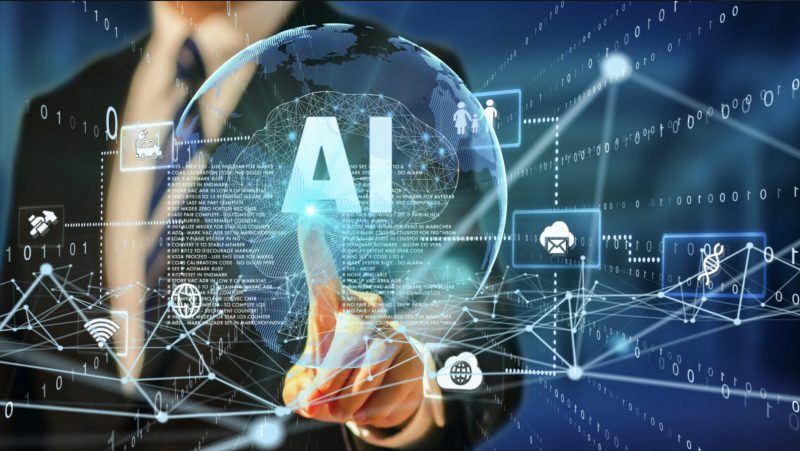Using blockchain and artificial intelligence (AI) together can potentially disrupt various sectors. Due to its decentralized and transparent nature, blockchain technology can help with some of the problems associated with artificial intelligence. These problems include data privacy, security, and trust.
The area of data sharing and privacy is one of the main benefits of blockchain for AI. Massive data volumes are necessary for AI systems, yet sharing data is occasionally barred by privacy issues. Blockchain technology’s decentralized architecture enables secure data collaboration and sharing among several parties without depending on a centralized authority. While allowing people to maintain control over their data and giving AI algorithms only the access they require, fosters confidence and promotes data sharing.
The immutability and tamper-resistance of blockchain also increase the trustworthiness of artificial intelligence systems. Blockchain’s transparency can provide a verifiable audit trail, guaranteeing the veracity and integrity of the data used for AI training. This can be especially useful in sectors like healthcare and finance where reliable data is essential.
Moreover, blockchain technology can make it possible to produce tokens or coins that make it simpler to reward and profit from utilizing artificial intelligence. These coins can be rewards for those who contribute computational power, model training, or data. Such rewards can stimulate collaboration and involvement in AI research and development.
Downsides of using Blockchain in AI
The interaction between blockchain and artificial intelligence is not without its challenges and limitations. Blockchain technology faces scalability issues because of slower transaction speeds and higher energy usage in comparison to traditional centralized systems. Furthermore, because AI algorithms are computationally intensive, deploying them on blockchain networks might be challenging.
Nevertheless, ongoing work in blockchain and AI research and development is aimed at finding answers to these problems and leveraging the advantages of their connection. As technology advances, one should expect the introduction of innovative solutions that combine blockchain and AI to spark transformational change across a variety of industries.
Finding a balance between data protection and the benefits of AI analysis can be challenging, especially in industries with strong privacy regulations like healthcare and finance.
Implementation and administrative complexity, particularly for smaller firms, may hinder adoption. There are still efforts being made to overcome these barriers. Addressing these issues is essential if blockchain and AI are to fully fulfill their potential in a variety of industries.





